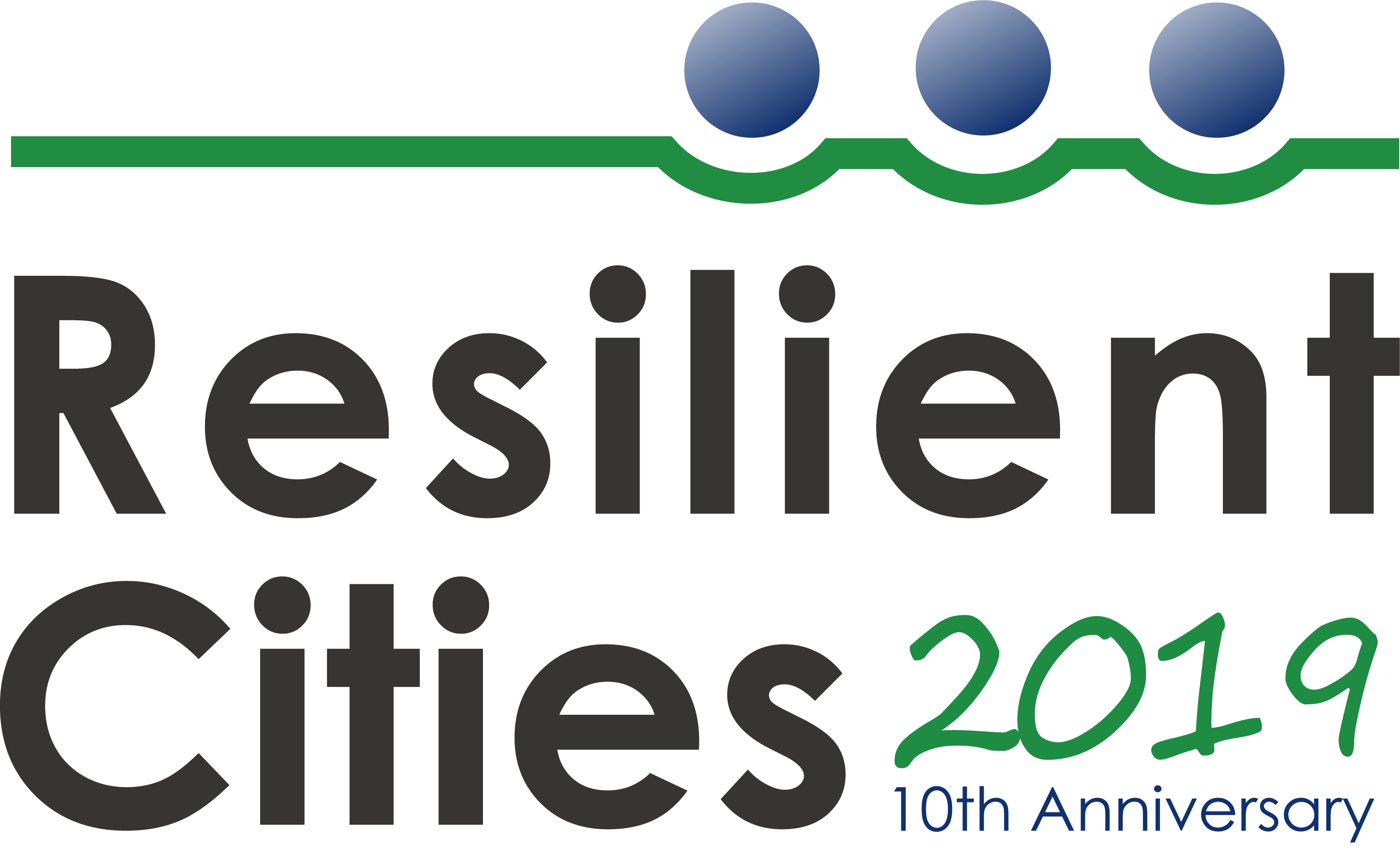Cities and Regions in Focus
Sessions with a Focus on Cities and Regions
Effective urban resilient strategies need to be discussed and reviewed regularly. That’s why Resilient Cities features local case studies with lessons learned of global relevance: “Cities in Focus” sessions show how different municipalities approach similar aspects of resilience and overcome common challenges. Participants in these special sessions can directly engage with local governments representatives and project stakeholders, learn, interact and give critical feedback to peer cities and experts.
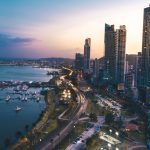
A “Cities in Focus” Session:
Building Inclusive Multi-stakeholder and Bankable Flood Resilience in Cities (Session A5)
Many wetlands in Panama City’s Juan Diaz sub-district have been land-filled and its river channelized due to urbanization for new luxury housing, golf course and industrial development, which has led to an increased frequency of flood events. Wetlands International coordinated the Water Dialogues program with the Municipality of Panama City and Dutch water experts mobilized the community and stakeholders to work together on sustainable flood solutions. This led to the incorporation of wetland reservoirs, with biodiversity benefits, into a project for blue-grey flood infrastructure.
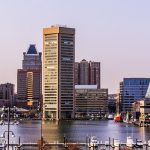
A “Cities in Focus” Session:
Food Matters in Denver & Baltimore: Tackling Food Waste in Cities (Session D3)
Baltimore and Denver are undertaking actions towards becoming more sustainable and resilient by including food systems as a critical component of urban planning for climate resilience. The two cities are adopting an adaptation strategy to prevent food from going to waste, rescue surplus food and recycle food scraps. The cities of Baltimore and Denver were selected to work with Natural Resources Defence Council (NRDC) on the Food Matters Project to develop and implement strategies that will drive innovative and system-wide food waste reduction in cities. Addressing the issue of food waste helps cities stabilize municipal waste management costs and meet sustainability goals.
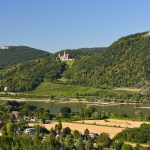
A “Cities in Focus” Session:
From national to local: Building Urban Resilience in Germany (Session D4)
The national and local governments have put efforts to build urban resilience in Germany. Various examples show the additional effort that needs to be put into Integrated Disaster Risk Management. The measures should address material and process innovations, prevention concepts, life cycle management, training and education to enhance resilience and sustainability.
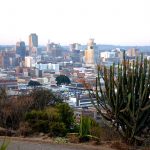
A “Region in Focus” Session:
Tools and Games for better dialogue among stakeholders: Examples from Africa (Session B1)
An interactive discussion, by means of a Samoan Table, will then occur through creating a safe and open space, where all session participants feel empowered to share their thoughts on collaboration and their experiences of whether collaboration has led to an improvement of climate resilience in their cities and projects. The Samoan Table will be kicked off by project partners from Malawi and Zimbabwe who will showcase existing collaboration mechanisms in Africa, how they are being applied and what the key enablers and barriers of such mechanisms are.
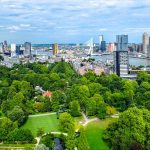
A “Region in Focus” Session:
Multicultural Approaches to Resilience of Urban Areas (Session C2)
During the last decades, cities were characterized by migrant flows that resulted in the grow of multicultural societies and the enlargement of non-native communities. The European Project AMARE-EU is focusing specifically on developing concrete, low cost and easy to be applied solutions to involve and engage those who, due to linguistic, social, economic, cultural factors, are at severe risk in case of disaster.
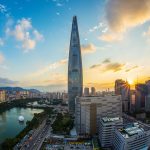
A “Region in Focus” Session:
Towards Urban Climate Resilience in Northeast Asia (Session D1)
In Northeast Asia, even with different political and geographic context, there is a growing trend that local governments in each country are, mandatory or voluntarily, formulating action plans, especially on the context of climate change adaptation, emergency response and disaster risk reduction. Participants will be able to listen to cases from local governments directly, and have a deeper understanding on challenges happening in Northeast Asia.
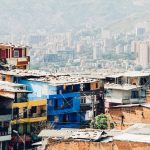
A “Region in Focus” Session:
Delivering resilience for informal settlements in the Global South (Session J4)
Cities in developing countries are growing at an accelerated rate due to high levels of migration of the rural poor population; these migratory flows are contributing to the urban informal settlements’ expansion. The session illustrates emerging innovations and opportunities, such as recycling or reusing storm water runoff and conservation of green structures, in favor of more resilient informal settlements. It showcases the role played by multilevel governance for improved resilience in informal settlements, through the initiative Barrio Resiliente in Honduras, and on the link between vulnerable population and exposure to climate hazards like urban heat islands addressed by the Climate Response strategy of the City of Tshwane.
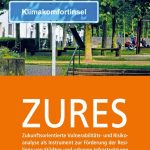
A “Region in Focus” Session:
Methods to assess future vulnerability and risk to heat stress in medium-sized cities (Session E3)
The ZURES Session focuses on innovative methods and tools to assess urban heat stress and heat stress vulnerability in medium-sized cities. Based on concrete examples from the city of Bonn, the city of Ludwigsburg and the city of Bottrop, future development pathways and options to enhance the resilience of cities in the context of urban growth and climate change are going to be discussed.
